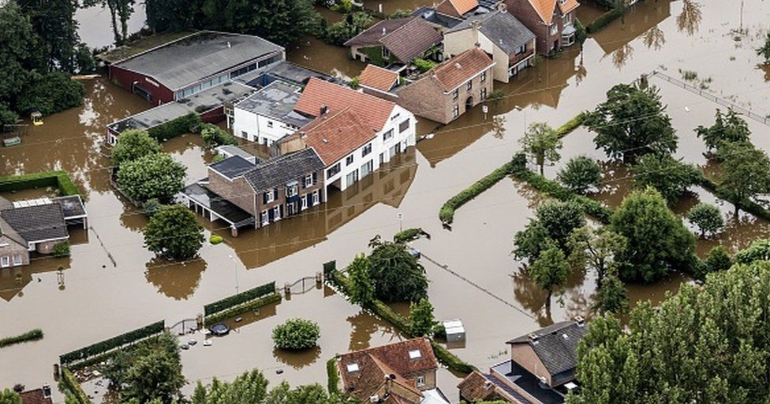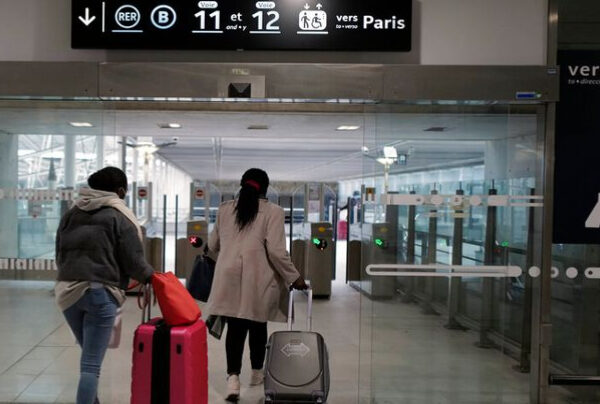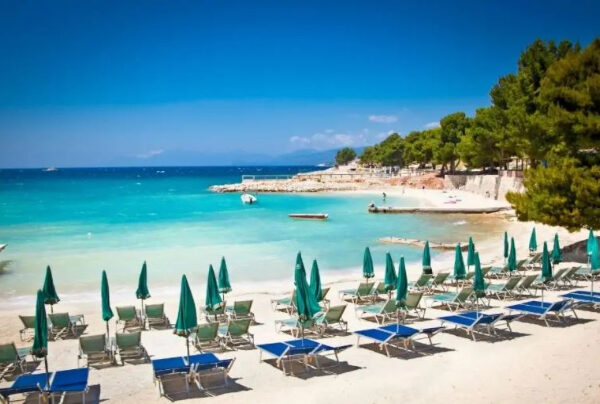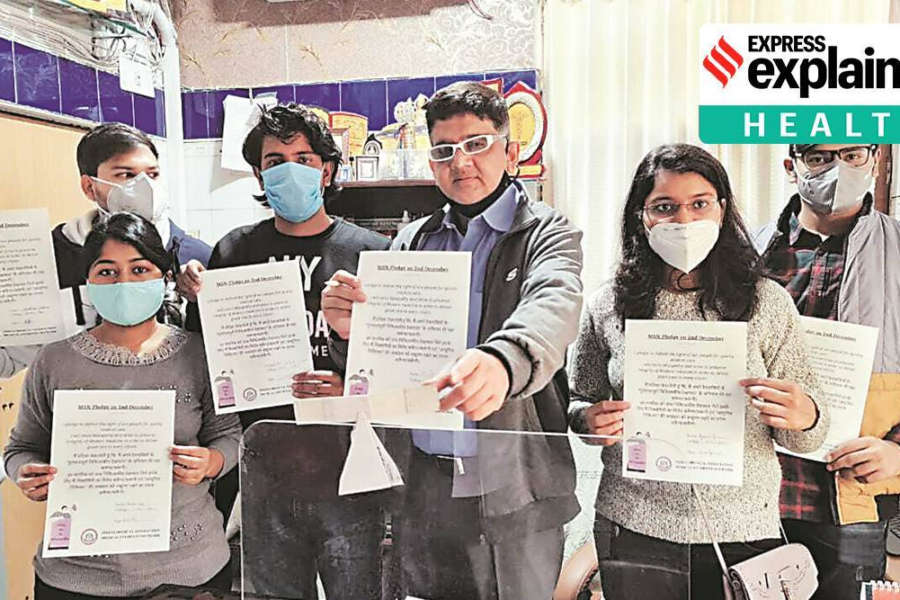Rescue crews have been racing to find survivors of floods that have wreaked havoc across western Europe, killing more than 150 people.
Hundreds are still missing after record rainfall triggered severe floods in Germany and Belgium.
Heavy rains also hit Switzerland, Luxembourg, and the Netherlands – where PM Mark Rutte has declared a national disaster in one southern province.
European leaders have blamed the extreme weather on climate change.
Experts say global warming makes torrential rainfall more likely.
The world has already warmed by about 1.2C since the industrial era began.
In Germany, where the death toll stands at over 100, President Frank-Walter Steinmeier said he was stunned by the devastation ahead of a visit to a flood-hit region on Saturday.
“Whole places are scarred by the disaster,” Mr. Steinmeier said at a news conference. “Many people have lost what they have built all their lives.”
Fears grow for missing
Rescue teams in Germany were hampered by difficult conditions on Friday, leaving relatives of the missing waiting anxiously for news.
Phone networks were down, roads were badly damaged, and more than 100,000 homes were without power.
But despite the ongoing rescue efforts, people have reportedly been traveling to see the damage, leading the police in Mainz to ask people not to “tour a disaster area” where people had suffered so much loss. Similar warnings have been issued in the Netherlands, according to NOS.com.
The states of North Rhine-Westphalia, Rhineland-Palatinate, and Saarland have been the worst affected by the rainfall.
In Rhineland-Palatinate’s district of Ahrweiler, officials had said about 1,300 people were missing on Friday – but added that the figure was “decreasing every hour”.
A resident of the Ahrweiler village of Schuld told AFP news agency that cars had been washed away and houses knocked down in scenes he likened to a “war zone”.
Roger Lewentz, the interior minister for Rhineland-Palatinate, told local media the death toll would probably rise. “When you haven’t heard from people for such a long time… you have to fear the worst,” he said.
In Belgium, the army has been sent to four of the country’s 10 provinces to help with rescue and evacuations. Prime Minister Alexander De Croo declared 20 July a national day of mourning.
He said the floods – which have claimed at least 20 lives in Belgium – could be “the most catastrophic our country has ever seen”.
Rescue workers from France, Italy and Austria were sent to the city of Liege, where residents were evacuated after flash floods.
Meanwhile in the Netherlands, thousands of people fled their homes in Limburg province as rising waters swamped cities and broke through a dyke.
But waters were receding in the southern city of Maastricht and nearby towns, where residents were able to return to their homes on Friday.
Severe flooding in Erftstadt-Blessem
In Switzerland, lakes and rivers were also swelling after heavy rainfall. The river running through the Swiss capital Bern burst its banks on Friday.
Lake Lucerne is flooding into the town and people in Basel have been told to keep well away from the River Rhine.
How does climate change cause flooding?
1. Global heating causes more water to evaporate, which leads to an increase in the amount of annual rain and snow
2. At the same time, a warmer atmosphere means it can hold more moisture – which also increases the intensity of rainfall
3. Rather than gently watering plants, this intense rainfall leads to flooding, like we’re seeing in Northern Europe now
SOURCE: BBC







Leave a Comment